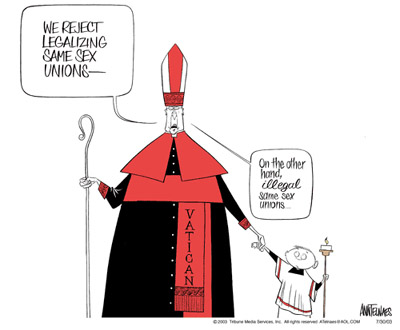Senate Predictions
- Obi-Wan Nihilo
- Still Not Buying It
- Posts: 5932
- Joined: Thu Feb 04, 2010 3:37 pm
- Has thanked: 6 times
- Been thanked: 4 times
- Zarathustra
- The Gap Into Spam
- Posts: 19634
- Joined: Tue Jan 04, 2005 12:23 am
You're drawing conclusions from an article which didn't even make those conclusions itself. Your position is that money in politics influences people just like advertising influences consumers in the marketplace. However, these are the points from your own article which you completely ignored:Ananda wrote:Not even sure how it is a debate given the chart showing 91% winning with most money spent. Anyway, we are done. As Ana repeats to Christian in shades of grey, laters, baby.
Money doesn't just cause people to "buy into" a politician they otherwise wouldn't support, as they would buy a product they might not otherwise buy. It makes a candidate viable in the first place. In many of these small, local elections, there are always candidates no one has ever heard of and hardly anyone is going to vote for (except their mom and a few close friends). There are third party candidates that are never given a chance in the media or in the debates, and thus never draw any money to them. So it's not that money influences people in advertisements; it shuts out people from the very beginning. Also, people tend to elect the incumbent no matter what, because of name recognition, status (quo), and the perception that they have the best chance to win. Of course money is going to flow to those types of candidates, for those reasons. No one likes to back a losing horse.Of course, simply having a fat wallet does not a political winner make. Mitt Romney, for all intents and purposes, had a seemingly unlimited amount of personal wealth at his disposal for his 2012 presidential bid, and yet he wasn't even close to winning that race.
Wesley Lowery of The Washington Post speculates that these numbers are skewed based on the fact that incumbents are always more likely to win elections and tend to have more money simply by being in the game longer and having deeper donor bases. He also argues that well-liked politicians who deserve to win the election have more money as a result, since people donate to politicians they like and think can win to begin with.
I agree with both of Lowery's points, however I don't think that these statistics about money influencing elections are as benign as he makes them out to be. For starters, the correlation between the amount of money a candidate needs to be viable and how much money the winners of elections need means that wealthy individuals can make their mark on elections without necessarily having the required experience or even popular support you would want your representative to have. It also effectively bars average individuals with smaller social networks and personal wealth from embarking on an effective bid for political office.
With policy experts on both sides of the aisle still reeling from the Supreme Court's decision on the McCucheon case, now is as good a time as ever to look critically as the role of money in our political system and ask ourselves, is this really what's best for our country?
But not once did your article or the data in it show what you're purporting is a closed case, i.e. the idea that money sways an election like advertising convinces people to buy products. You're ignoring every other factor that's relevant. It's called, "How to lie with statistics."
Joe Biden … putting the Dem in dementia since (at least) 2020.
- ussusimiel
- The Gap Into Spam
- Posts: 5346
- Joined: Tue May 31, 2011 12:34 am
- Location: Waterford (milking cows), and sometimes still Dublin, Ireland
In Europe it is generally the case that the direct spending of money is strictly limited when it comes to elections and politics in general. That still doesn't mean that the whole system isn't still excessively influenced by those who are powerful and wealthy, it is.
In the US the discussion about direct spending on elections is related to the 1st Amendment right to freedom of speech (see Citizens United), so it is beside the point whether money spent on political advertising etc. makes a difference to election results. Because even if it is shown that it does, this does not trump the 1st Amendment.
u.
P.S. As has been pointed out a number of times before, the massive winners of money being directly spent on elections is the media, which, literally, makes billions from the whole thing.
In the US the discussion about direct spending on elections is related to the 1st Amendment right to freedom of speech (see Citizens United), so it is beside the point whether money spent on political advertising etc. makes a difference to election results. Because even if it is shown that it does, this does not trump the 1st Amendment.
u.
P.S. As has been pointed out a number of times before, the massive winners of money being directly spent on elections is the media, which, literally, makes billions from the whole thing.
Tho' all the maps of blood and flesh
Are posted on the door,
There's no one who has told us yet
What Boogie Street is for.
Are posted on the door,
There's no one who has told us yet
What Boogie Street is for.


